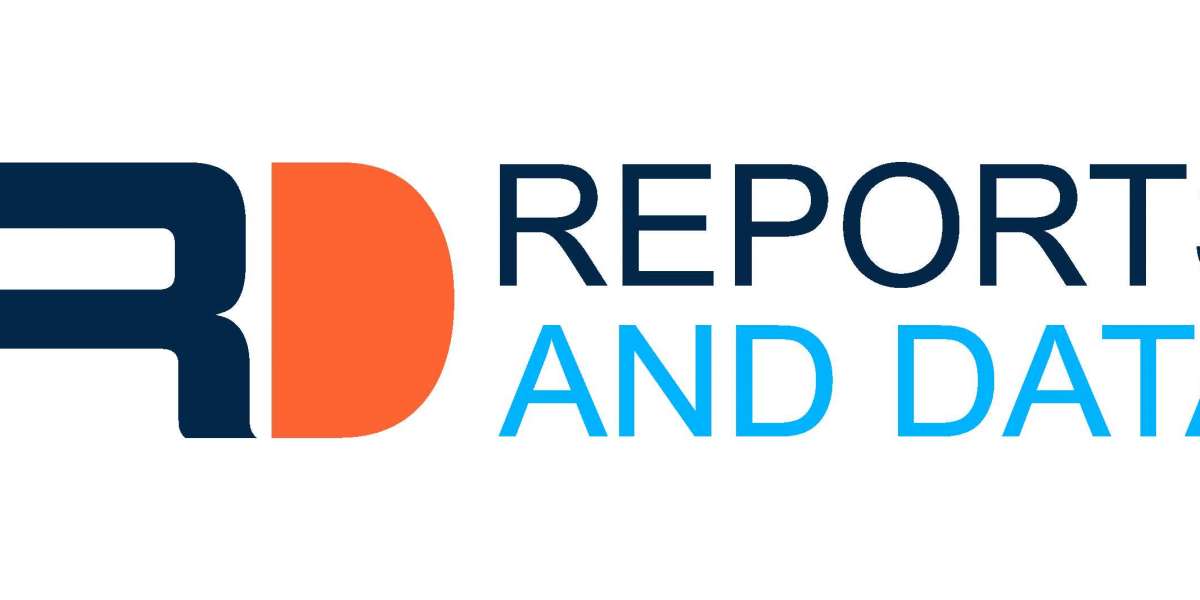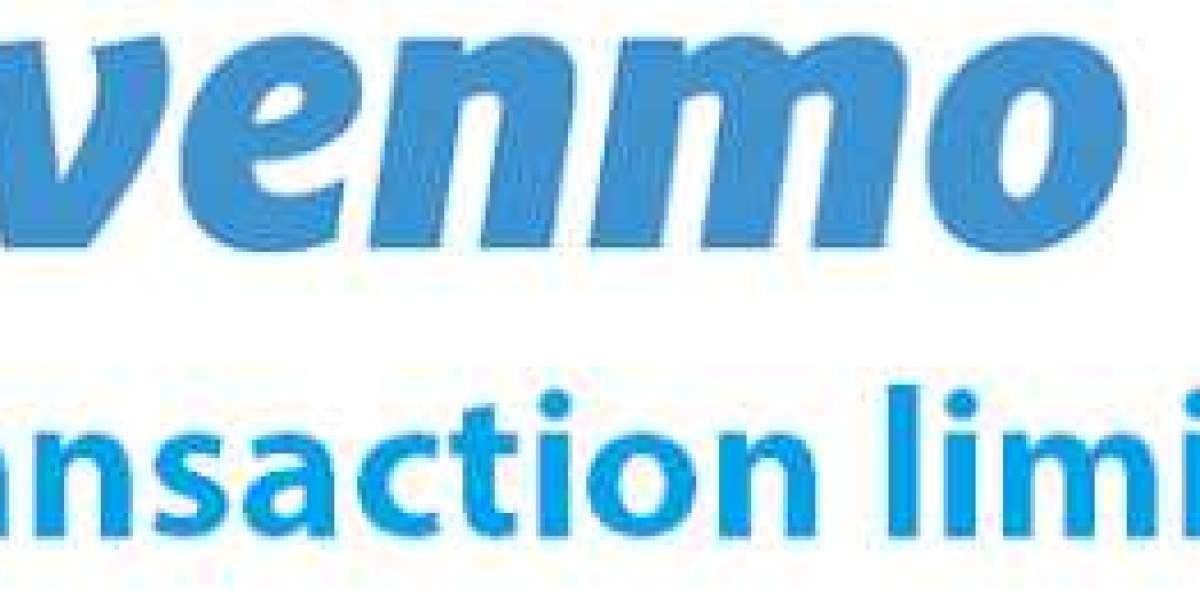The Gene Therapy Market Size was valued at USD 0.95 billion in 2022 and is projected to grow from USD 1.13 billion in 2023 to USD 2.1 billion by 2032, exhibiting a compound annual growth rate (CAGR) of 6% during the forecast period (2023 - 2032).
Gene therapy represents a groundbreaking approach to treating genetic disorders, inherited diseases, and certain types of cancers by targeting and correcting underlying genetic abnormalities. The global gene therapy market has witnessed remarkable growth in recent years, driven by advances in biotechnology, increasing investment in research and development, and a growing understanding of the human genome. This article provides an overview of the gene therapy market, including key trends, drivers, challenges, and opportunities.
Market Overview
The gene therapy market encompasses a wide range of therapeutic approaches aimed at modifying or replacing defective genes to restore normal cellular function. These therapies hold immense promise for addressing a variety of genetic disorders, including rare diseases, metabolic disorders, and monogenic conditions. With the advent of innovative gene editing technologies such as CRISPR-Cas9, the scope and potential applications of gene therapy have expanded significantly, ushering in a new era of precision medicine.
Market Drivers
Several factors drive the growth of the gene therapy market. Firstly, the increasing prevalence of genetic diseases and rare disorders has created a significant unmet medical need, driving demand for innovative treatment options. Gene therapy offers the potential to address the underlying causes of these conditions at the genetic level, providing long-lasting or even curative effects.
Secondly, advancements in biotechnology, gene delivery vectors, and genome editing technologies have accelerated the development and commercialization of gene therapy products. Innovations such as viral vectors, non-viral delivery systems, and CRISPR-based gene editing tools have improved the efficiency, specificity, and safety of gene therapy interventions, paving the way for widespread clinical adoption.
Market Challenges
Despite the promising outlook, the gene therapy market faces several challenges. One significant challenge is the high cost of research and development, manufacturing, and clinical trials associated with gene therapy products. The complexity of gene delivery, regulatory requirements, and scalability issues can contribute to the high upfront costs and lengthy development timelines.
Another challenge is ensuring the safety and efficacy of gene therapy treatments, particularly in the context of long-term follow-up and monitoring. While gene therapy holds immense potential, unforeseen adverse events, immune responses, and off-target effects can pose risks to patients and undermine public trust in the technology. Addressing these safety concerns and establishing robust regulatory frameworks are critical for the continued advancement and acceptance of gene therapy.
Market Trends
Several notable trends are shaping the gene therapy market trends. One trend is the increasing focus on rare diseases and orphan indications, where gene therapy holds the greatest promise for meaningful clinical impact. Pharmaceutical companies and biotech startups are increasingly investing in the development of gene therapy treatments for rare genetic disorders with small patient populations but significant unmet medical needs.
Another trend is the emergence of ex vivo gene editing and cell-based therapies, which involve modifying patient cells outside the body before reintroducing them into the patient's system. These approaches, which include chimeric antigen receptor (CAR) T-cell therapy and stem cell transplantation, have shown promising results in the treatment of cancer, immune disorders, and genetic diseases, driving interest and investment in the field.
About Market Research Future:
At Market Research Future (MRFR), we enable our customers to unravel the complexity of various industries through our Cooked Research Report (CRR), Half-Cooked Research Reports (HCRR), Consulting Services. MRFR team have supreme objective to provide the optimum quality market research and intelligence services to our clients.
Contact us:
Market Research Future (part of Wantstats Research and Media Private Limited),
99 Hudson Street, 5Th Floor,
New York, New York 10013
United States of America
+1 628 258 0071
Email:sales@marketresearchfuture.com








